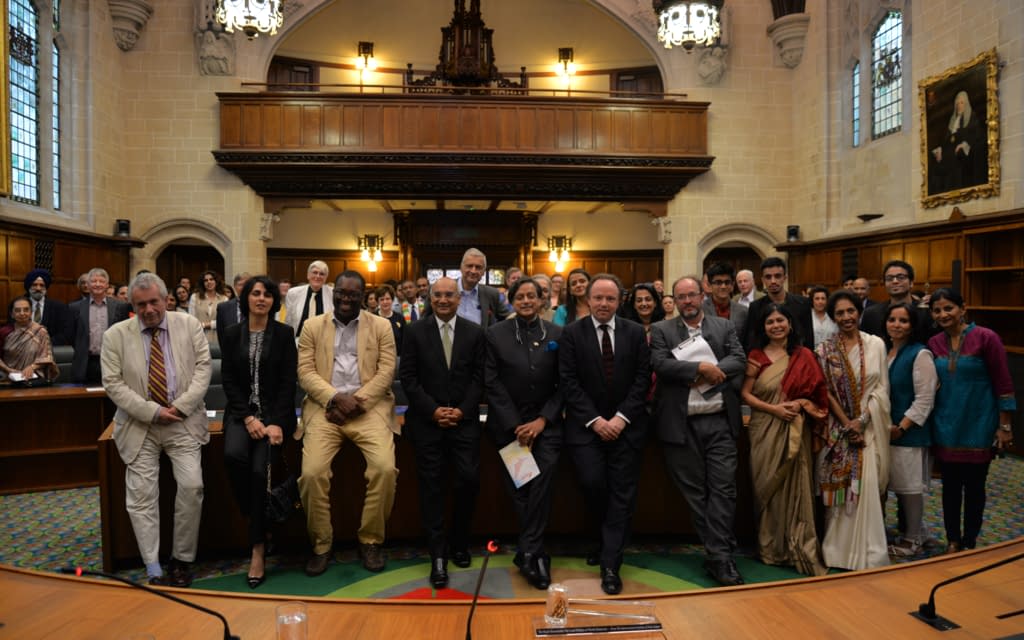A unique debate on 18 September in Britain's Supreme Court concluded that the British Raj did more harm than good in the Indian subcontinent.
Organised by the Indo-British Heritage Trust, founded by historian Kusoom Vadgama, and supported by UKAsian to mark the 400th anniversary of the beginning of formal relations between India and Britain, top politicians, journalists, authors and historians gathered for the 'Empire Debate' at this historical venue.
In 1614 King James I dispatched Sir Thomas Roe as ambassador to the court of Mughal Emperor Jahangir. The year also witnessed the arrival in London of the first Indian man to set foot in Britain. An unnamed worker from Surat was brought over in an East India Company vessel by a Company chaplain and who was promptly christened 'Peter' by King James.
Chaired by Rt Hon Keith Vaz MP, the motion before the house was, "The Indian sub-continent benefited more than it lost from the experience of British Colonialism".
The team against the motion, that was led by Congress MP Shashi Tharoor and fellow authors William Dalrymple and Nick Robins, led to a smashing victory.
As a part of the argument, focussing on the economic ruin of India in the hands of the East India Company, Tharoor said, "No wonder the sun never set on the British Empire, even God couldn't trust the English in the dark.
"The might of Britain was built in the 18th and 19th centuries on the ruination of India - where India went from a 23 per cent share of the global economy to 4 per cent," he added.
Dalrymple, author of 'White Mughals' and 'The Last Mughal', echoed the sentiment from the perspective of a prospering Mughal Empire which 'haemorrhaged' under the British.
"It is impossible even to consider this motion seriously without noting how far behind the West was for 90 per cent of our history...the British went to India to get a bit of action in the Mughal Empire which was then immeasurably richer than anything London, Paris, Madrid, Rome, Milan put together...Britain, with its mastery of cannon and artillery, drained India and the money came to Europe," he reportedly said.
Speakers for the motion included arts editor of 'Newsweek' Pakistan Nelofar Bakhtyar, former British politician and BBC war correspondent Martin Bell, and Kwasi Kwarteng, Conservative Party MP and author.
Their side that argued in favour of the English language, rule of law, railways and cricket as positive legacy of the Empire, but failed to impress the audience.



